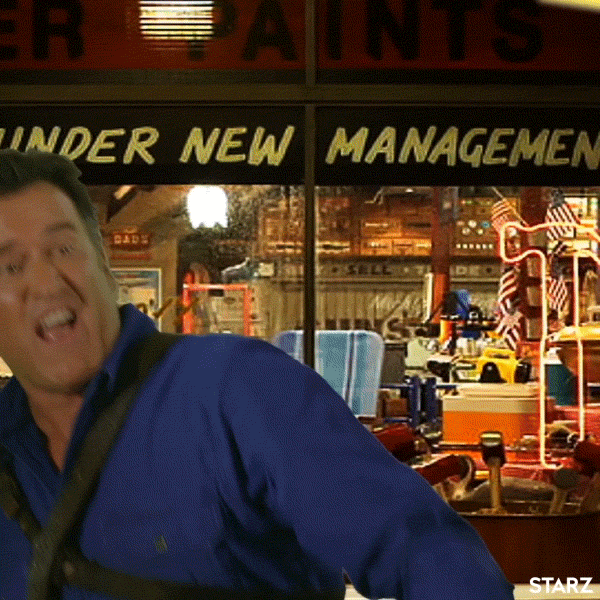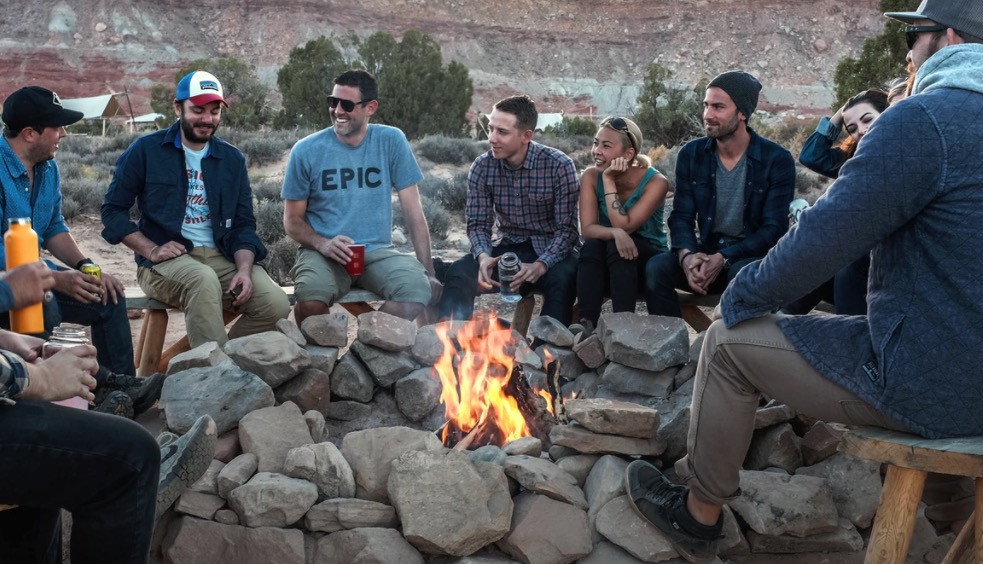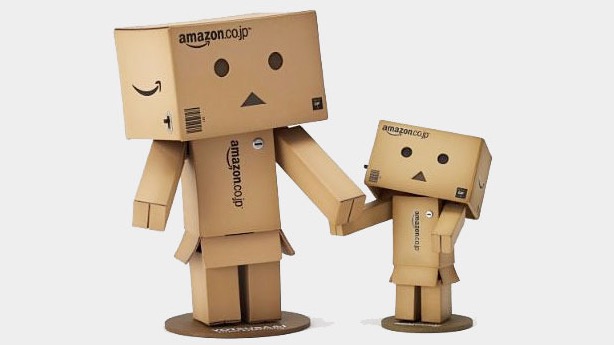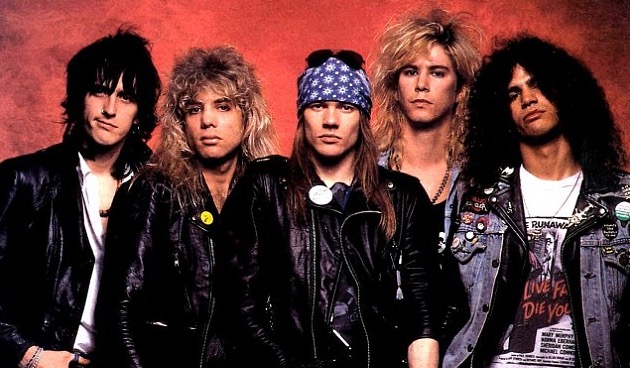
Whenever we go on the internet to check out how much something costs, we expect that it could change by the day, the hour or even the minute. Heck, it feels like they put the price up if we dare to look at something twice – especially that flight for a weekend getaway.
We’ve been trained in digital forums to know that prices are in a constant state of flux – dynamic. They vary based on demand (which is now trackable) to maximise the sellers’ profitability. Everything on the internet just moves that bit faster – the programmable nature of the forum creates a naturally turbulent environment we have to navigate, especially when it comes to commerce. While it can be frustrating and annoying, it also creates a sense of anticipation. It makes us act quickly, and come back frequently to see what else might seduce us. We have to make sure we’re not missing out, or that we paid too much.
While prices in the physical world do change, they’ve never been as malleable as they are on the web. Sure, grocery prices to change every week, car yards to have offers every month, and most retailers have sales. But no traditional retailer changes price by the minute, or even by the hour. Maybe it’s time they started.
It’s worth remembering the constraints retail had in a pre-internet world. Changing the prices in a grocery store required weeks of planning, long paper trails, the changing of pricing tickets on shelves, and the printing of physical retail catalogues. Most retailers had similar constraints when it comes to changing prices in stores. It turns out the low frequency of price changes in stores was in reality, a technology limitation. While local retailers could slash the price on a slow selling item with a sharpie, or a fresh fruit retailer could discount a pineapple before it rotted, larger retailers with many stores had a much tougher time changing prices.
But now that many stores have digital pricing displays on shelves, why haven’t they leveraged the possibility for totally dynamic pricing on the shelf? Answer: Legacy Thinking.
The only constraint that now exists is in their minds.
Crazy idea for free
Imagine if retail stores had prices that changed constantly, maybe even by the second. The moment I mention it to people, they think I’m crazy and that this would be ‘unfair’ to consumers. They says it’s something a store just couldn’t do. How could a store just change its prices every other moment? Answer: The exact same way the internet does. How cool would it be to reduce a price dynamically in front of a consumer to entice a purchase as they walk past an item they picked up and put down again – to send out a post on social media on a quiet day and announce a half price sale for just the next 30 mins? Or to announce at a random time on a Saturday the store will have a radical price reduction. Maybe an unexpectedly busy time would require the prices to go up to thin out the crowd in a too busy fast food restaurant?
Sure, there’s massive flaws in this idea, there’d be winners and losers, people complaining and people gaming it to their advantage. But surely it would generate traffic, attention and conversation that harkens a market bazaar of yesteryear where literally anything could happen.
Maybe it’s this kind of crazy that retail needs.





